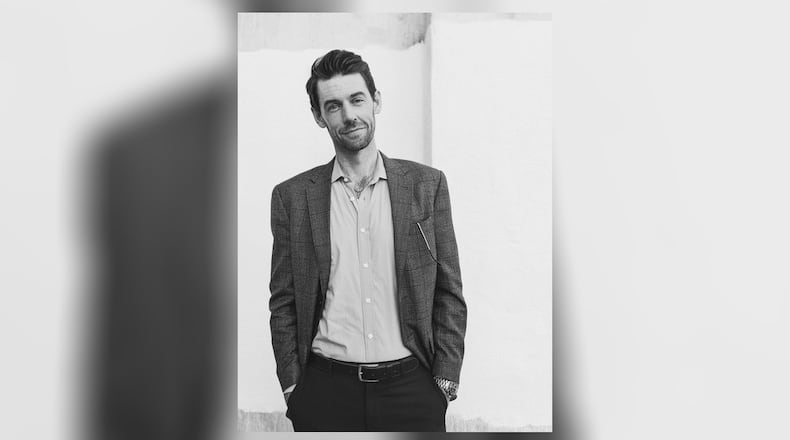The recent election blanketed the airwaves and social feeds with the most negative ads I’ve ever seen. People like Stuart Rhodes, the militia group founder currently on trial for seditiously conspiring to attack The Capitol on Jan. 6, are willing to use violence to achieve their political goals. An endless parade of craven politicians clearly care more about power than duty. As awful as violent seditionists and craven politicians are, they are symptoms, not the cancer.
The cancer is the powerful lie that our neighbors who disagree with us about politics are evil.
The carcinogen causing this cancer is outrage fed to us by social media algorithms in order to sell ads. Facebook, Twitter, TikTok, Instagram, YouTube, and cable news all pump the carcinogen into our minds through smartphones and TV screens. The data on this carcinogen is becoming vast and we’ve all felt its effects. Max Fisher’s ‘The Chaos Machine’ is an extensively sourced looking at how these algorithms have produced radicalization and horrifyingly violent real-world effects. Most of us would never condone Rhode’s violence, but it’s easy to find ourselves wondering if it might be justified when a machine feeds us a constant stream of lies and propaganda about stolen elections or the existential threat posed by the “others.”
President Jimmy Carter wrote an article in January this year in which he identifies the cure for our cancer:
“[W]e must resist the polarization that is reshaping our identities around politics. We must focus on a few core truths: that we are all human, we are all Americans and we have common hopes for our communities and our country to thrive. We must find ways to re-engage across the divide, respectfully and constructively, by holding civil conversations with family, friends and co-workers and standing up collectively to the forces dividing us.”
I’m sure this rings true to you as it did to me, but what does it look like in practice? How do we administer this cure?
We must cut out the cancer with real conversations. Real conversations remind us of the experience and the values we share with our neighbors. Real conversations remove the carcinogenic lies told by the algorithm and show us truth.
So go have real, face-to-face conversations. Seek out people you might not otherwise interact with and spend time listening. Become a mentor at Montgomery County Ohio College Promise. Take a class at Rosewood Arts Center, chat in the front yard with your neighbor whose political signs give you pause. Don’t run away from that conversation over pumpkin pie later today. Remember those people are your friends, your neighbors, your family.
When you think about it, conversation is the only tool we have for this American experiment. If we lose it — if the cancer corrupts it — violence and coercion are all that’s left.
Evan is a writer, climber, aerospace engineer and self-proclaimed audiobook nerd. He grew up working on a ranch in Montana, has lived and worked across the United States and currently resides in Kettering.
About the Author
